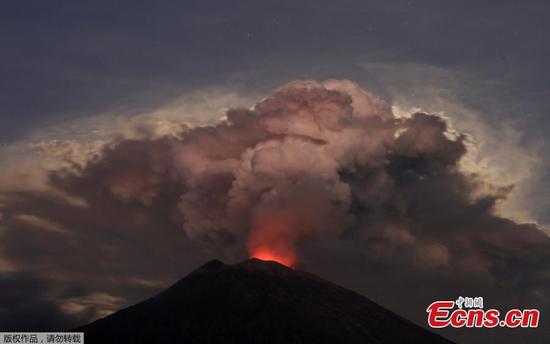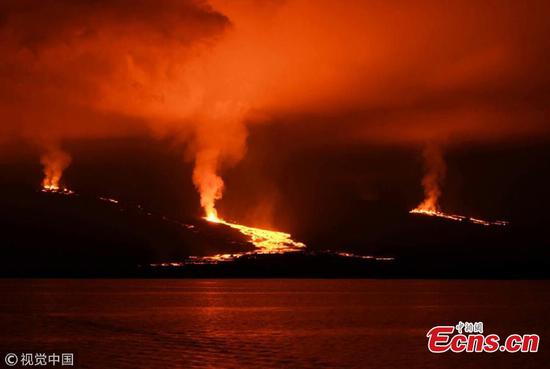The price of crude oil price surged to a three-year high on Friday. The high oil prices show that even if countries take up positions to stabilize oil prices, concerns about supply shortages still linger. Beijing Youth Daily comments:
The United States exiting the Iranian nuclear agreement has added new uncertainties as it is reportedly going to urge, if not menace, major buyers of Iranian oil to stop importing oil from the country, which has the world's fourth-largest oil reserves. Apparently it hopes to nip off all of Iran's oil exports by early November in an effort to materialize its promise of the harshest sanctions in history against Iran.
Iran now produces 3.6 million barrels of crude oil and exports 2.4 million barrels a day, with China, the European Union, Japan, India, the Republic of Korea and Turkey the main buyers.
Although the Barack Obama administration imposed economic and financial sanctions on Iran, they did not encompass Iran's main trade partners. However, the Trump administration has vowed not to grant any national sanctions exemption against the Iranian embargo and blockade, and it said that if enterprises continue to participate in Iran's economic activities, they will also be subject to action by the U.S..
At a time when oil exports from Venezuela and Libya continue to decline, it will be hard for the other main oil producers to make up the shortfall left by the embargo on Iranian oil.
The Trump administration's policy aims to expand the global market for U.S. oil. The U.S. produced a record-high 10.9 million barrels of crude oil a day in May, making it highly possible it will realize its plan of becoming a net oil exporter by 2022. China imported 81 million barrels of oil from the U.S. last year, second only to Canada. China's oil imports from the U.S. in the first quarter of this year are almost eight times that of the same period last year.
But U.S. oil exports may still not be able to meet China's demand if it completely stops importing oil from Iran.
The rising oil prices and the growing U.S. oil exports are something the Trump administration will be happy to see and also something it has worked for. But once the oil price rebounds above $100 per barrel, the economy's operating costs will necessarily rise, that's when the U.S. policies will backfire.
Also, if China cuts its oil imports from the U.S. if a trade war breaks out, the development of the global oil market will not be as predictable as the U.S. envisions.


















































